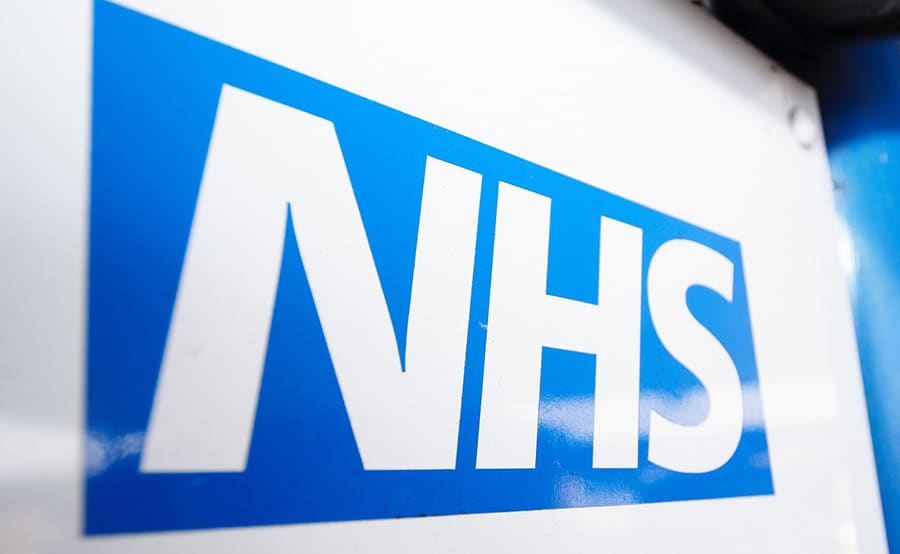NHS England expands community response teams to reduce pressure on hospitals

Millions more people are set to benefit from quicker care at home thanks to the boosted rollout of healthcare teams in the community, as part of NHS England’s plan to recover urgent and emergency care services.
Almost a quarter of a million people have received urgent medical support from home, many avoiding a hospital stay, since the teams were rolled out nationally in April, according to NHS England.
Thanks to the major new plan to help recover services and reduce waiting times for patients, these community services will be scaled up further. This includes taking more referrals from ambulance services, 12 hours a day, seven days a week across England.
The service underlines that around 20 percent of emergency admissions can be avoided with the right care in place.
Community response teams will be called to less clinically urgent 999 calls within two hours and treat patients who have had falls, need urgent diabetes support, or are confused.
NHS England’s two-year urgent and emergency care recovery plan aims to improve patient experience, as the health service continues to face record demand for services.
Professor Sir Stephen Powis, NHS National Medical Director, said: “The NHS has been under significant pressure, particularly during winter months – dealing with the ‘twindemic’ of flu and Covid, huge numbers of people need an ambulance and our A&E services – so we have been working hard to put longer term plans in place to deal with the record demand we are experiencing right across the country.
“A key part of delivering these plans is keeping people out of hospital when they don’t need to be there and so over the coming months and years, these rapid response teams will provide convenient care at home for millions of people, without needing to be admitted to hospital.
“Helping to keep them out of hospital and enabling them to live independently for longer – we know patients prefer this, and that it helps with their recovery to be treated in the comfort of their home.
“Thanks to the accelerated rollout and the hard work of our NHS staff working together, these teams are now in every part of the country – so as ever, please come forward for the care you need if you have health concerns.”
NHS England says the number of people treated by urgent community response (UCR) teams each month has doubled since the national rollout in April, from 17,500 to 35,000 in December.
In Warrington, UCR teams have been working with the pendant alarm service, TEC Services Association (TSA), on a system that enables call handlers to select the UCR service as an alternative to calling 999.
They have also joined up with the local falls response service, which means they can send a UCR clinician with the falls team to patients who may need additional assessment. They are also able to refer patients to other services, such as falls prevention and community nursing services.
The Warrington UCR service sees about 20 patients each day, with the majority remaining in their own homes. Pendant alarm calls account for a quarter of calls to the service.
James Sanderson, NHS England Director for Community Health Services, commented: “Urgent community response teams are an invaluable resource for the NHS – they are key in helping patients to receive the care they need, in the right place and at the right time.
“Thanks to the huge efforts of staff from different sectors working together across the country, more people than ever are getting the care they need and avoiding the need to go to hospital at all.
“This is both better for people who want to stay well in their own homes as well as the NHS, as we continue to tackle the pressures of Covid and recover our elective and urgent and emergency care services.”

